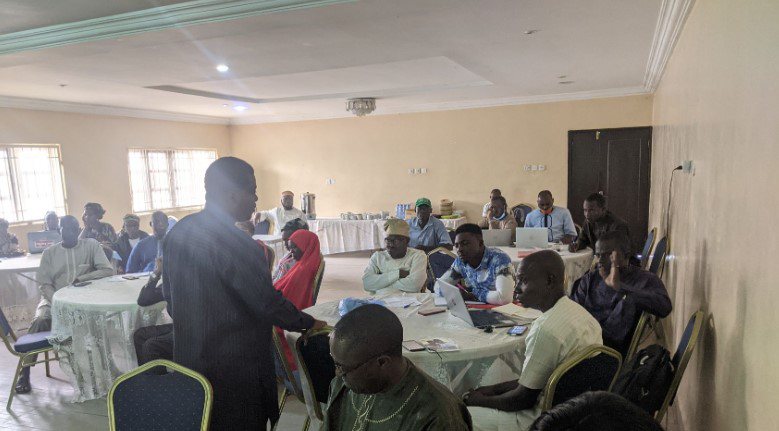In this week's letter Babatunde adresses the question why a lot of policies don't yield the results we hope for in the agricultural sector.
Have you heard of a farmer who cultivated the field and planted seeds, with the hope that there won't be rain? Or a labourer that works on the field throughout the crop season with the hope that the crops wouldn't survive? The answers would be definitely a NO because efforts must produce its corresponding results. Then, why do we have a lot of policies not yielding desired results in the agricultural sector? Rather let me put it this way: how do we develop policies without reliable data or implementing policies with a top-bottom approach ?
There is a major challenge with policy development and implementation in many developing countries as a result of poor or limited consultations, thus information used becomes hearsay or unverified claims rather than evidence-based from wide consultations. Worst still, the implementation of these policies is a top-bottom approach, where the target beneficiaries are being denied the ownership and leading to many failures and slow-paced development of the agricultural sector. Sincerely, agriculture should work for us all as this is the mainstay of our economy.
Therefore, there is a need for us to invest in data gathering from the appropriate actors rather than "glorified or political actors" who are only after profiteering from policy loopholes. We need to involve more farmers and other key stakeholders in policy development, implementation and evaluation. When I say farmers, there should be a pronounced or credible percentage of women farmers and youth farmers. We need agriculture to work in our time too, so that hunger becomes a thing of the past. It all starts from gathering the relevant information from the appropriate actors and policies.
Yours-in-Service
Babatunde
There is a major challenge with policy development and implementation in many developing countries as a result of poor or limited consultations, thus information used becomes hearsay or unverified claims rather than evidence-based from wide consultations. Worst still, the implementation of these policies is a top-bottom approach, where the target beneficiaries are being denied the ownership and leading to many failures and slow-paced development of the agricultural sector. Sincerely, agriculture should work for us all as this is the mainstay of our economy.
Therefore, there is a need for us to invest in data gathering from the appropriate actors rather than "glorified or political actors" who are only after profiteering from policy loopholes. We need to involve more farmers and other key stakeholders in policy development, implementation and evaluation. When I say farmers, there should be a pronounced or credible percentage of women farmers and youth farmers. We need agriculture to work in our time too, so that hunger becomes a thing of the past. It all starts from gathering the relevant information from the appropriate actors and policies.
Yours-in-Service
Babatunde



